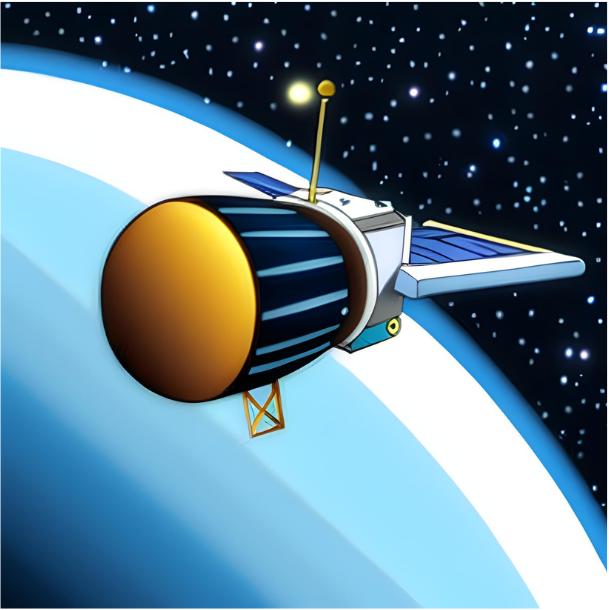
1 minute read
Panel on Planetary Protection: Latest News
Members of the COSPAR Panel on Planetary Protection (PPP) have published an article in Frontiers journal, 30 May 2023, Volume 10 – 2023. The article, Planetary protection: an international concern and responsibility, is free to read, as is a more general Guest Editorial here
Acta Astronautica, Volume 210, September 2023 also includes an article titled "Planetary protection: Updates and challenges for a sustainable space exploration". These recent publications have generated much interest in the community resulting in several members of the Panel being invited to present on Planetary Protection at various meetings and conferences. More news on this will follow in the course of the year.
Save the Date: the next PPP meeting is 6-7 December 2023, Vienna, Austria.
The Panel will make arrangements for remote attendance. There will be an open and a closed session. As usual in these cases, any PP-related people in your institution are welcome in the open session.
The Panel has the pleasure of welcoming a new member, Lyle Whyte, representing Scientific Commissions B and F, from the Faculty of Agricultural and Environmental Sciences, McGill University, Canada. His field is microbial diversity and ecology, specializing in polar environments. Welcome!
Full details of the Panel and updates on its activity can be found on the COSPAR website PPP page.
A COSPAR Constellation of Small Satellites
The COSPAR project of establishing a constellation of small satellites for Earth space science—the ambitious plan of the Task Group of the same name (TGCSS)—has taken one step closer to being realized.
After fruitful discussions during the 5th COSPAR Symposium in Singapore a Memorandum of Understanding was signed between Skyroot Aerospace, an Indian commercial launch service provider, and Hex20, an Australian smallsat company with COSPAR (through the Laboratoire Atmosphères & Observations spatiales, Laboratory for Atmospheric and Space Physics, and National University Center for Astronautical Physics and Engineering) on 8 May 2023.
This is a big step towards making the collaboration complete for the first COSPAR satellite for studying the Earth atmosphere and ionosphere. Plans are also stepping up for a satellite to study radiation belts, supported by the TGCSS Sub-Group on Radiation Belts.
Stay tuned for the next steps in this gamechanger for COSPAR and read more in an article in Smallsat.news.com

